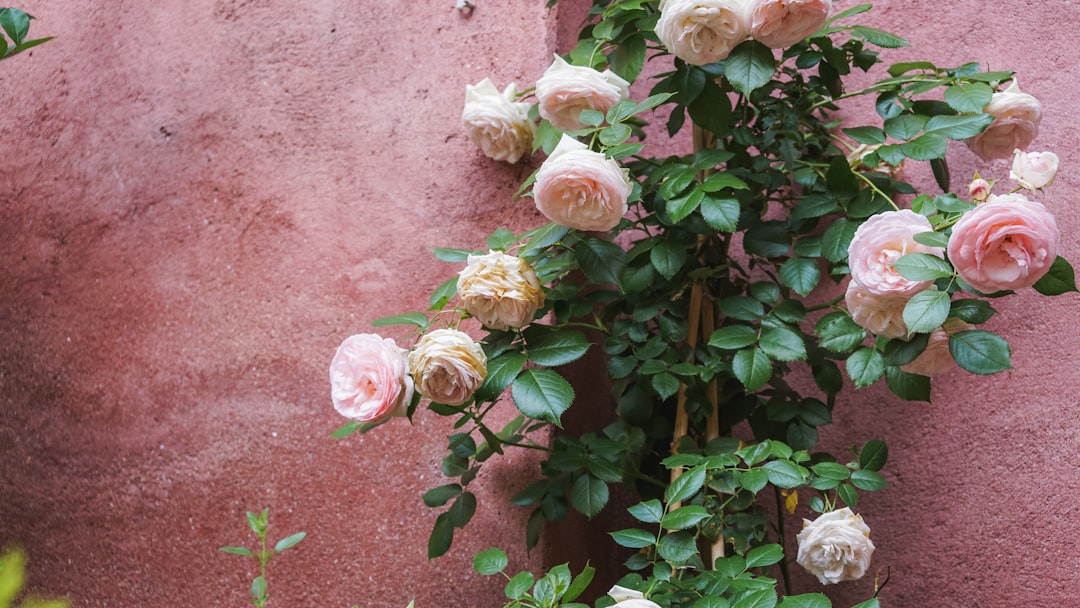The Smart Way to Handle Herb Choices: Grow or Buy?

Edible gardening has become a popular pastime for many, with growing herbs being a significant part of it. However, it's not always clear - cut whether growing herbs at home is the more economical or superior option compared to purchasing them from the grocery store. Let's delve into which herbs are worth growing in your own garden and which ones you might be better off buying.
First, let's talk about the benefits of growing your own herbs. One of the most obvious advantages is the freshness. When you grow herbs at home, you can harvest them at the peak of their flavor and nutritional value. For example, basil. Freshly picked basil has a vibrant aroma and a sweet, slightly peppery taste that is far superior to the often - wilted and flavor - less basil you might find in the grocery store. You can use it immediately in your pesto, salads, or on top of a pizza, and the difference in taste will be remarkable.
Another benefit is the control over pesticides and chemicals. When you grow your herbs, you have full control over what goes into the soil and onto the plants. You can choose to grow them organically, free from harmful pesticides and synthetic fertilizers. This is especially important for herbs like cilantro, which is often used raw in dishes. Eating home - grown, pesticide - free cilantro gives you peace of mind about the quality and safety of the food you're consuming.
Cost - effectiveness can also be a factor. Some herbs, when grown in large quantities, can save you a significant amount of money over time. Take mint, for instance. Mint is a very hardy plant that grows quickly and abundantly. A single mint plant can provide you with a continuous supply of leaves throughout the growing season. You can use mint in teas, cocktails, or as a garnish for desserts. Buying mint from the grocery store can be relatively expensive, especially if you use it frequently. By growing your own, you can enjoy an unlimited supply at a fraction of the cost.
Now, let's look at the herbs that might be better to buy. Parsley is one such herb. Parsley is a very common herb used in many dishes for its fresh, clean flavor and bright green color. However, it can be a bit tricky to grow. Parsley seeds have a relatively low germination rate and require specific conditions to sprout successfully. They need a long growing season and a consistent supply of moisture. If you're not an experienced gardener, it might be more practical to buy parsley from the grocery store. It's readily available year - round and is usually quite affordable.
Chives are another herb that could fall into the 'better to buy' category. Chives are a delicate herb that requires well - drained soil and plenty of sunlight. They also need to be divided regularly to maintain their health and productivity. If you don't have the time or the right growing conditions for chives, it's easier to purchase them. They are often sold in small bunches at the grocery store, and you can use them as needed for garnishing soups, omelets, or baked potatoes.
Rosemary is a woody herb that has a strong, pine - like flavor. While it can be grown at home, it requires a Mediterranean - like climate with plenty of sunlight and well - drained soil. In regions with cold winters or high humidity, rosemary can be difficult to grow successfully. If you live in such an area, it might be more practical to buy rosemary from the grocery store. You can still enjoy its flavor in your roasted meats, breads, and vegetables without having to worry about providing the perfect growing environment.
In conclusion, the decision of whether to grow or buy herbs depends on several factors. Consider the ease of growing, the cost, the availability, and your personal gardening skills. By making informed choices, you can enjoy the best of both worlds - the freshness of home - grown herbs and the convenience of store - bought ones. Whether you're a seasoned gardener or just starting out, understanding which herbs are worth growing and which are better to buy will help you make the most of your edible gardening experience.
So, next time you're planning your herb garden or standing in the grocery store aisle, think about these factors and make the choice that's right for you. You might find that a combination of growing some herbs at home and buying others is the perfect solution. This way, you can ensure a continuous supply of delicious, fresh herbs for all your culinary creations.